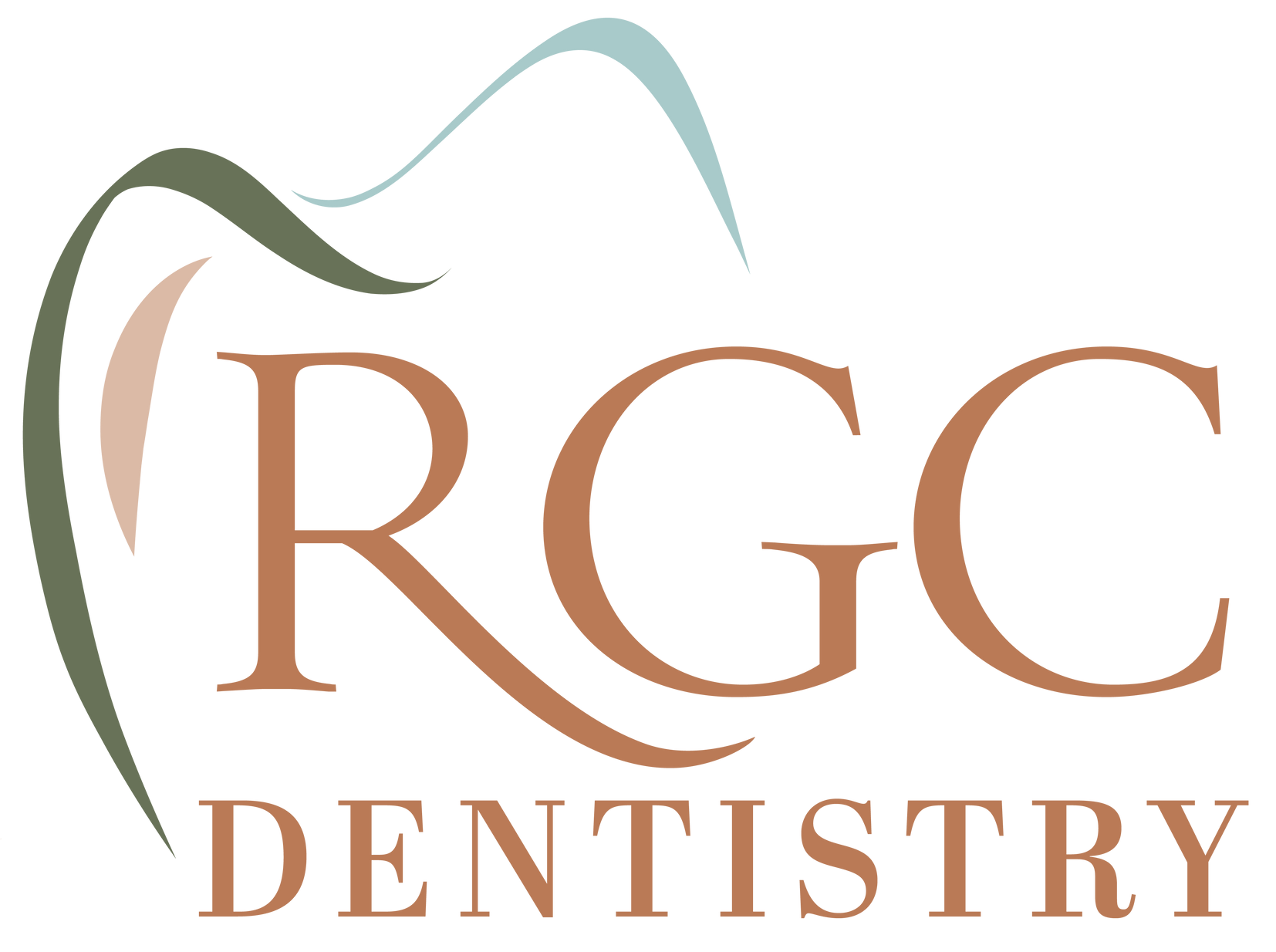Dental implants are a great option for replacing one or multiple missing teeth.
We Can Restore Your Smile and Confidence
Schedule your implant consultation today!
Dental Implants IN SURPRISE, AZ
You can lose your natural teeth due to a variety of reasons, including tooth decay, gum-related diseases, or facial injuries. However, with a dental implant available in Surprise, AZ, you can regain function similar to a natural tooth. Dental implants provide an effective way of restoring the look and function of your smile, and can even enhance your quality of life. You can use this procedure to restore a damaged or lost tooth or several teeth, depending on the level of loss.
If you are struggling with a tooth that is failing, compromised, or missing, it can greatly affect your quality of life. Eating and chewing become more difficult, while smiling and talking to other people may cause you to feel self-conscious.
The good news is that there are excellent options available for restoring your compromised tooth, confidence, and oral health – and Dr. Call, your Surprise, AZ dentist, can help.
Dental Implants
You can lose your natural teeth due to a variety of reasons, including tooth decay, gum-related diseases, or facial injuries. However, with a dental implant, you can regain function similar to a natural tooth. Dental implants provide an effective way of restoring the look and function of your smile, and can even enhance your quality of life. You can use this procedure to restore a damaged or lost tooth or several teeth, depending on the level of loss.
If you are struggling with a tooth that is failing, compromised, or missing, it can greatly affect your quality of life. Eating and chewing become more difficult, while smiling and talking to other people may cause you to feel self-conscious.
The good news is that there are excellent options available for restoring your compromised tooth, confidence, and oral health – and Dr. Call, your Surprise, AZ dentist, can help.
-
What Is a Dental Implant?
Dental implants are by far the best tooth replacement option that modern dentistry offers since they restore both your tooth and your root.
They are also capable of replacing multiple missing teeth by supporting dental prosthetics such as a bridge or denture. This allows patients with multiple missing teeth to enjoy the health benefits that dental implants offer. We are proudly serving areas including Ashton Ranch, El Mirage, Happy Trails Resorts (Surprise), Luke Air Force Base, Sun City Grand, Sun City West, Surprise 85374, and Surprise Farms.
-
What Are the Differences Between Dentures and Overdentures?
Regular dentures are typically made of acrylic and have artificial teeth. Well-fitting dentures are usually held in place by the underlying bone structure and suction, but in some cases using an adhesive material such as denture creams, strips or powders may be necessary. Traditional full upper dentures cover the roof of your mouth and can interfere with speaking and the sense of taste since some taste buds will be blocked. The adhesive used to keep dentures in place may deteriorate throughout the day, causing the dentures to become loose, which may interfere with eating and talking normally. The adhesive may need to be reapplied periodically throughout the day. Due to continuous bone loss, regular dentures will become loose or ill-fitting over time. They will need to be regularly adjusted and replaced every few years.
One advantage of regular dentures is they are initially more cost-effective than overdentures. This cost advantage can deteriorate over time as you replace your regular dentures.
Overdentures, which look like regular dentures, are held in place by screwing or clipping them onto dental implants Surprise AZ anchored to the upper and/or lower jawbones. The anchors securely hold the dentures in place, allowing for better eating and talking abilities. It also makes the denture more stable, so it doesn't move around or become loose and you won't have to use adhesives. Another advantage is that you may have full access to all your taste buds since some upper overdentures attach to implants and may not cover the roof of your mouth.
-
How Do Dental Implants Protect My Oral Health?
When a root is lost, your jawbone begins to deteriorate, which eliminates support for neighboring teeth and also impacts the appearance of your face. Bone deterioration is what causes the shrunken look that makes you appear older than you are which is so common in those with missing teeth. The dental implant is surgically placed directly into your jawbone to take the place of your root and keep your bone stimulated and healthy.
If you don’t replace a lost tooth, the surrounding teeth begin to shift and tilt toward the open space. This causes bite misalignment and can increase your risk of developing issues such as periodontal disease and tooth decay.
Who Is a Good Candidate for Implant Dentistry as a Treatment Option? Having a missing tooth may seem negligible at first. However, over time, this could manifest into serious dental issues, including receding gums, risk of gum disease, damage to or movement of the adjacent teeth, and shrinking of the jaw bone. Unlike dentures and other dental solutions, dental implants are permanently fixed, eliminating the risk of slipping and the need to take something in and out of your mouth. Despite this being one of the best treatment options for dental problems and a great way to restore your beautiful smile, not everyone may be a candidate for dental implants. In most cases, to qualify for a dental implant, you need to be in good overall health and healthy enough to undergo oral surgery or a routine dental extraction. The missing tooth area should also have enough bone and healthy gums to hold the implant. To ensure long-term success of a dental implant you should be committed to regular dental visits as well as good oral hygiene. Dr. Call will be able to let you know if you’re a good candidate for dental implants.
-
What Are the Benefits of Combining Dentures With Dental Implants?
Regular dentures can be adjusted to fit onto implants in your mouth. This helps reduce costs while giving you a secure fit since you will not need an implant for each tooth. Titanium screws are placed in the gum and allowed to heal. Once healed, a denture plate is then attached to the screws and secured into place. You will experience improved denture stability, which will make talking and eating easier and more pleasant. You can also feel confident without adhesives that your overdenture will stay in place and function optimally.
-
What Is the Process for Completing a Dental Implant?
Implant dentistry begins with your placement surgery. You’ll be happy to know that this can be completed here at RGC Dentistry and typically won’t require a referral anywhere else.
After placement, your implant is given time to heal and integrate with your bone, which it does naturally because it is made of titanium, a biocompatible metal that is easily accepted by the body. The integration process takes around three to six months.
When your implant is fully healed and integrated, it creates a stable foundation for your new implant crown. Once the crown is attached to your implant, your new tooth will look, feel, and function very similarly to your natural tooth, which means you’ll be chewing, eating, talking, and smiling again with ease.
A few purposefully placed implants can also anchor a dental bridge or support a partial or full denture. Implants provide stability and a more secure fit so denture wearers don’t have to endure movement or slippage when they’re talking or eating.
-
What Is the Healing Process Like After Getting a Dental Implant?
Most patients experience minimal discomfort after getting dental implants. In fact, most patients comment that having an implant placed is much simpler and less traumatic than having a tooth removed. After initial placement, the implants will be left to fuse with the jawbone and gums before fitting the replacement teeth. This period takes between four to six months, giving the implant time to integrate with the bone.
The stitches used during the procedure are either removed or left to dissolve by themselves after 7-10 days. With the proper guidance and oral hygiene, the recovery process may go without any hitches. The healing time varies for every patient. However, your condition can be monitored until you’re perfectly healed.
-
Would You Like to Learn More?
If you would like to learn more about how dental implants in Surprise, AZ 85374 can benefit you, we encourage you to contact RGC Dentistry and schedule a consultation with Dr. Call. She can determine if implants will suit your needs, and she is often able to help patients who might not have been candidates for dental implants in Surprise, AZ in the past due to bone loss.
We look forward to helping you reclaim your smile and your confidence! We are proudly serving areas including Ashton Ranch, El Mirage, Happy Trails Resorts (Surprise), Luke Air Force Base, Sun City Grand, Sun City West, Surprise 85374, and Surprise Farms.
MEET OUR DOCTOR
Dr. Robyn Call lives in Peoria and loves taking care of our patients in Surprise. After living in Arizona for over 25 years, it is truly her home!
She received her undergraduate training from Brigham Young University and her DMD from Midwestern University.
Meeting patients and building relationships with them is the best part of her job. Dr. Call also appreciates how dentistry can change lives, and she's honored to be part of that for her patients.
When she's not at the practice, Dr. Call can be found practicing yoga, reading, crocheting, traveling,


